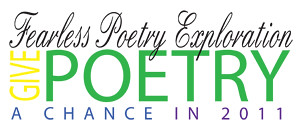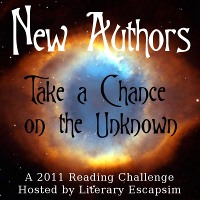
Paperback, 72 pgs.
I am an Amazon Affiliate
Fixed Star by Suzanne Frischkorn is an amalgam of found poetry and structure poems mirroring the culture and identity that many of us have over time. We find that there are fixed points in our culture and identity and that there also are found parts of those segments of ourselves that we incorporate willingly. There’s a deep restlessness in each of these poems as they deftly move from one to the next, when reading in succession, and it is a skill to be admired.
Frischkorn’s opening poem, “Cuban Polymita,” begins the collection with: “Birth cleaved me in half” If that line alone doesn’t give you a sense of restlessness, the rest of the collection certainly will. It is from this instant of birth in which the narrator begins to move away from her origins: “A lace dress. A first language./All myths once we move north./” (“II”, pg. 2) In these earlier poems, the narrator is looking for the truth in those myths, unraveling the mystery of her heritage. But the narrator is keenly aware that to unravel these hidden pasts is also likely to reveal “what is tarnished,” and to question is it worth the risk?
Once I Dove Into the Caribbean Sea (pg. 36)
Isla de Cozumel, ’93Cuba, its tide strove to draw me towards you and failed. I departed with a smooth shell and wisps of surrogate sky. How cool marble caressed my bare soles, how heat plied my skin bronze. Not until I slide the silver bracelets from my wrist will the strains of your shore ebb.
Frischkorn’s Fixed Star is an attempt to excavate the movement from past to present to pinpoint the evolution, to understand something that was lost. In that adventure toward discovery, a restlessness propels each of these poems forward and back into the past again, signaling the push and the pull of who and what has birthed us to who and what we become.
RATING: Cinquain
Other Reviews:

Suzanne Frischkorn is the author of Fixed Star (JackLeg Press, September 2022) as well as the books, Girl on a Bridge, and Lit Windowpane (both from Main Street Rag Press), and the chapbooks American Flamingo, Spring Tide, Red Paper Flower, Exhale, and The Tactile Sense.
She is the recipient of The Writer’s Center Emerging Writers Fellowship for her book Lit Windowpane, the Aldrich Poetry Award for her chapbook Spring Tide, selected by Mary Oliver, and an Individual Artist Fellowship from the Connecticut Commission on Culture & Tourism.












